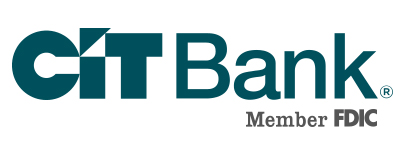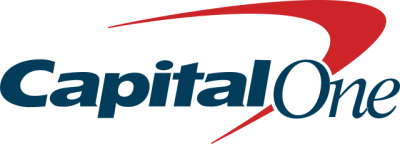Pros:
- Low opening required amounts
- Variety of accounts available
- ATM fee reimbursements
- Competitive rates on most accounts
Cons:
- Must become a member first
- Accounts have tiered interest rates
- Daily cash limits on withdrawals
Pros:
- Custodial accounts available
- Competitive interest rates on accounts
- Wide range of CDs offered
- No monthly fees
Cons:
- High opening required amounts
- Long transaction periods
- Hard to access custodial account money
- High early withdrawal fees for CDs
Navy Federal accounts have low opening required amounts. The savings account only requires $5 to open. The money market account does not have a set amount required to open, but to earn interest requires $2,500. The checking accounts do not have a set amount required to open. The CDs have tiered opening required amounts. The lowest amount to open a regular CD is $1,000. Special CD offers require lower opening amounts.
There are a wide variety of accounts offered through Navy Federal. They offer a savings account, money market account, and CDs. Their CD terms range from three-month terms to seven-year terms. Navy Federal offers five checking accounts. Those accounts include one for students, an online account, and an active duty account. Navy Federal also offers loans and credit cards.
Most Navy Federal checking accounts offer ATM fee reimbursement. Only the Everyday Checking account does not. The reimbursement amount ranges from $10 to $20, depending on the account. Some accounts require a direct deposit to earn the reimbursement.
Most all Navy Federal accounts offer competitive interest rates. The CDs offer the most competitive interest rates. Navy Federal savings and checking accounts earn interest. The rates are lower than online account rates. The money market account rates are slightly lower than online rates. These rates are higher than typical bank rates.
Before you open an account with Navy Federal, you must first become a member of the credit union. Servicemembers and veterans are eligible to join Navy Federal. Department of Defense employees are eligible. Family members of each of these groups can become members of Navy Federal Credit Union.
Navy Federal money market and Flagship checking account have tiered interest rates. To earn the most competitive rate on the MMA requires a balance of at least $50,000. The checking account requires $25,000. To earn the most competitive rate on Navy Federal CDs requires $100,000.
Navy Federal only allows for a daily cash withdrawal of $600. This includes cash from an ATM, a branch, or receiving cash back. There is a daily transaction limit of $3,000 for most checking accounts and $5,000 for the Flagship checking. Their accounts do not typically have limits on the number of transactions.
CIT Bank offers custodial accounts. You open the account in your child's name, but you control the account until the child is eighteen years old. There are no limits on how much you deposit into the account. There are tax benefits to having a custodial account.
The interest rates for CIT Bank accounts are very competitive. The high yield savings account rates are much higher than your typical bank. CIT Bank rates are even higher than other online-only accounts. CD rates are also competitive.
CIT Bank offers a variety of CDs including regular term CDs, no-penalty CD, jumbo CDs, and Ramp Up CDs. The no-penalty CD is an eleven-month CD. You earn interest on a CD with the options to withdraw the money at any time after the first seven days. The Ramp-Up CDs allow you to get a better rate once during the term of the CD. With the Ramp-Up Plus CD, you can get a better rate and make a deposit once during the term of the CD.
CIT Bank does not have a fee to open any of their banking accounts. There are no monthly maintenance fees for any of their banking accounts either.
The required amount to open a CD with CIT Bank is high. The minimum deposit for CDs is $1,000, including custodial accounts. Jumbo CDs require $100,000 to open. Other CDs require either an opening balance of $25,000 or $50,000. The minimum deposit to open a savings account is $100.
Transferred funds are not available until five to ten business days after the deposit is made. Deposits transferred from an external account are available after five days. Deposits mailed take ten days after the deposit is received.
Any money deposited into a custodial account is an irrevocable gift. You cannot withdraw or transfer the money from the account. It cannot be used for any purpose that doesn't directly affect the child listed on the account. Once the child reaches eighteen years of age, the money can be accessed.
CIT Banks fees for early CD withdrawals are higher than other banks. The fee for withdrawing money early from a CD with a term of more than three years is twelve months of interest. The fee for terms from one to three years is six months interest. Fees for CD terms up to one year are three months interest.


